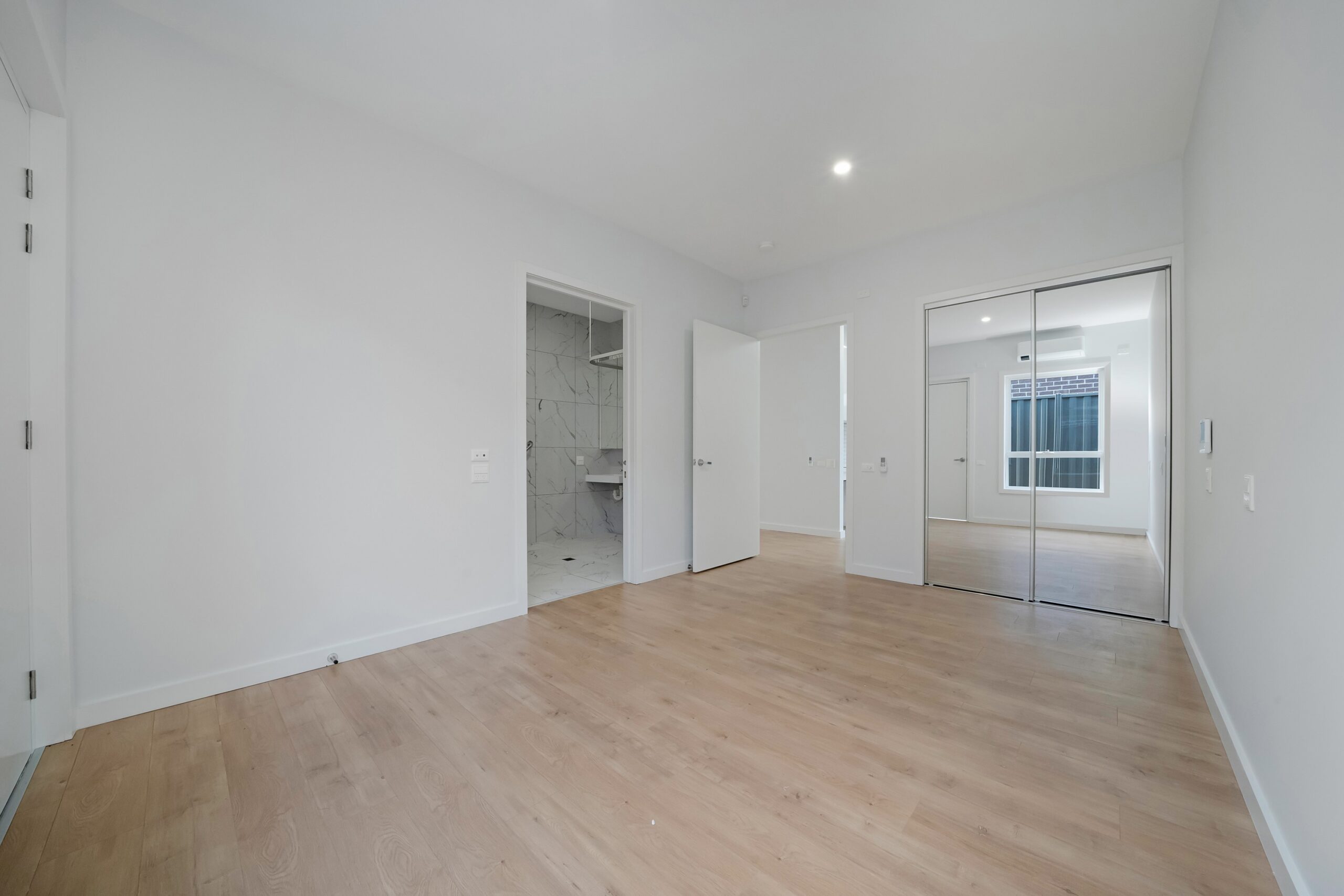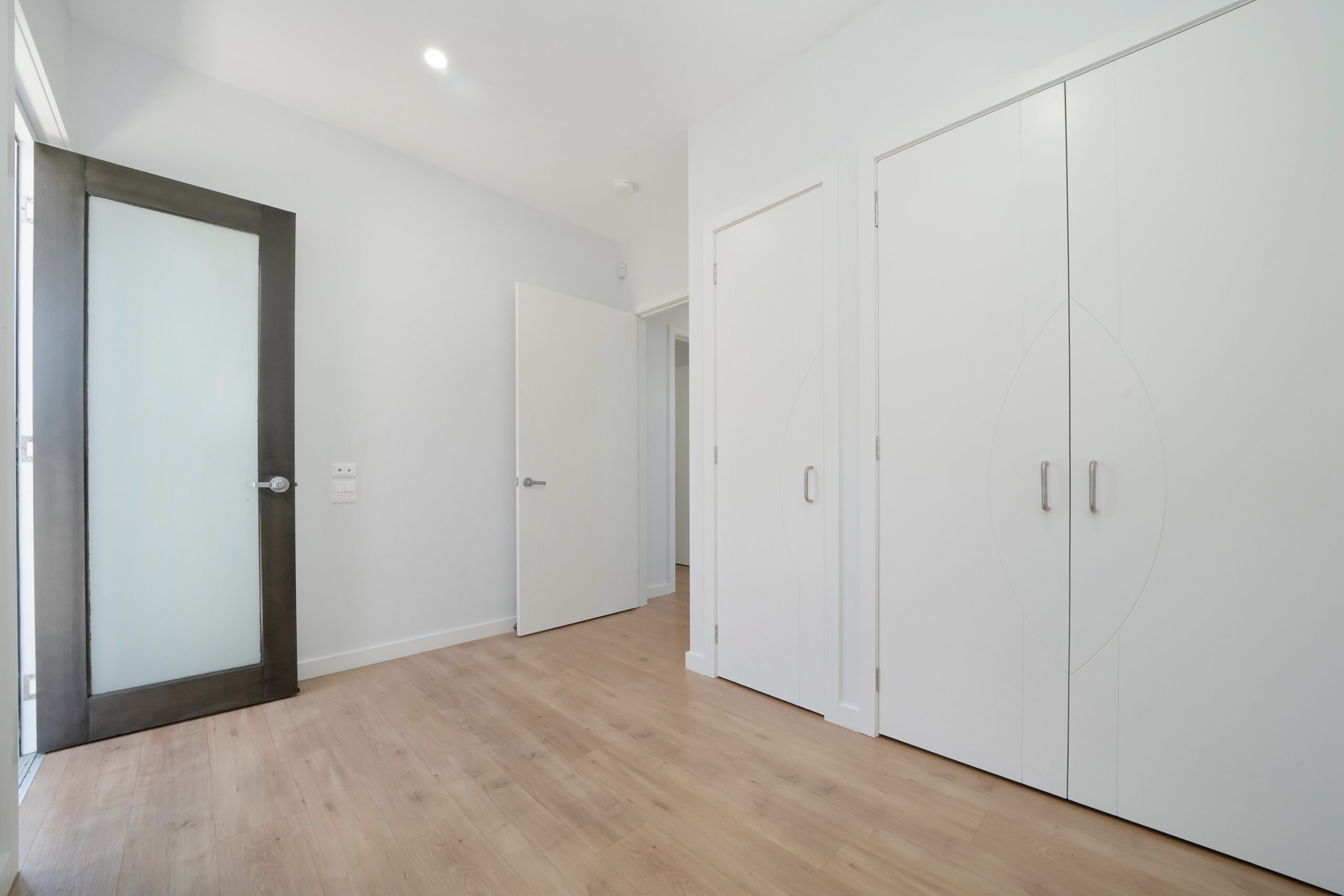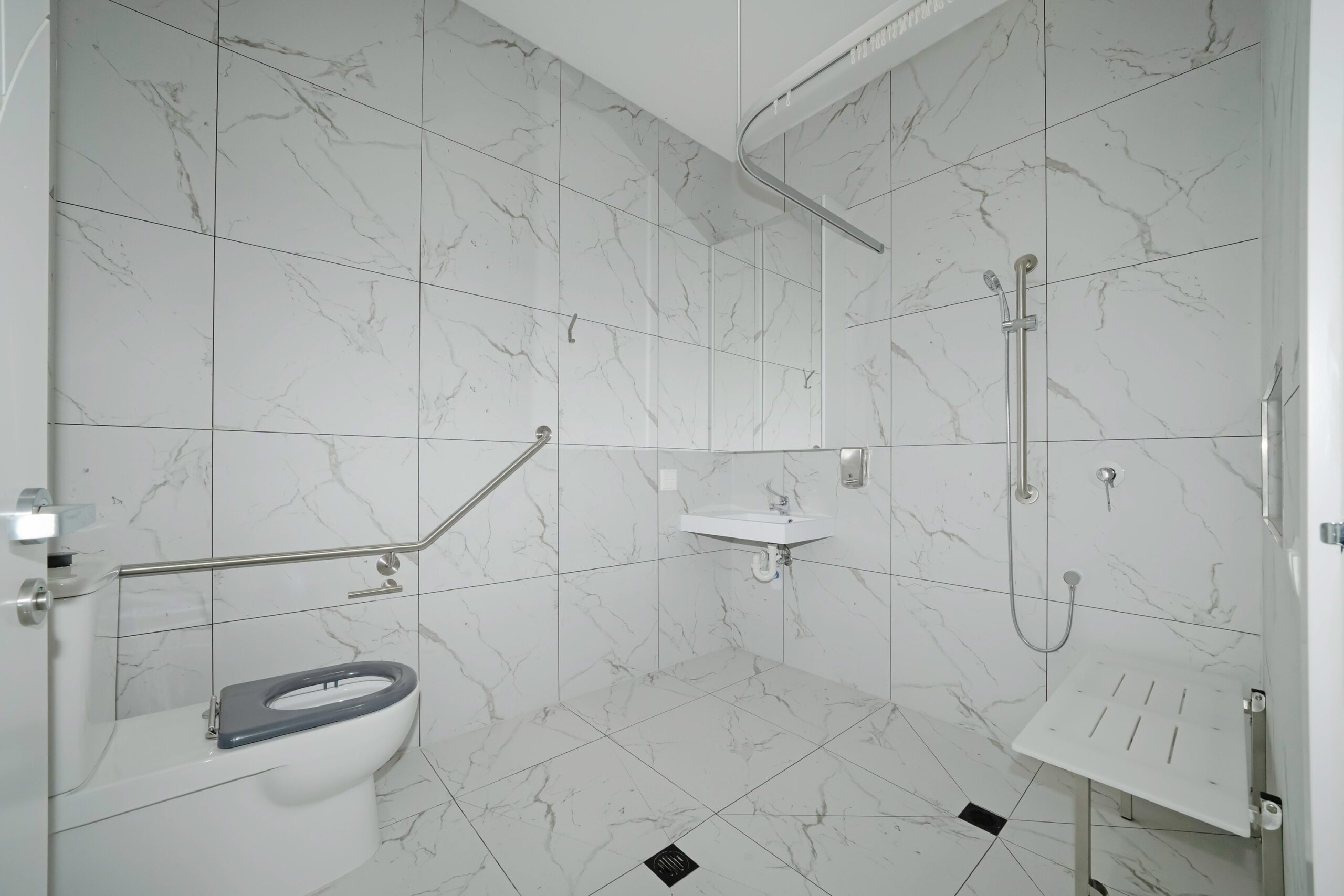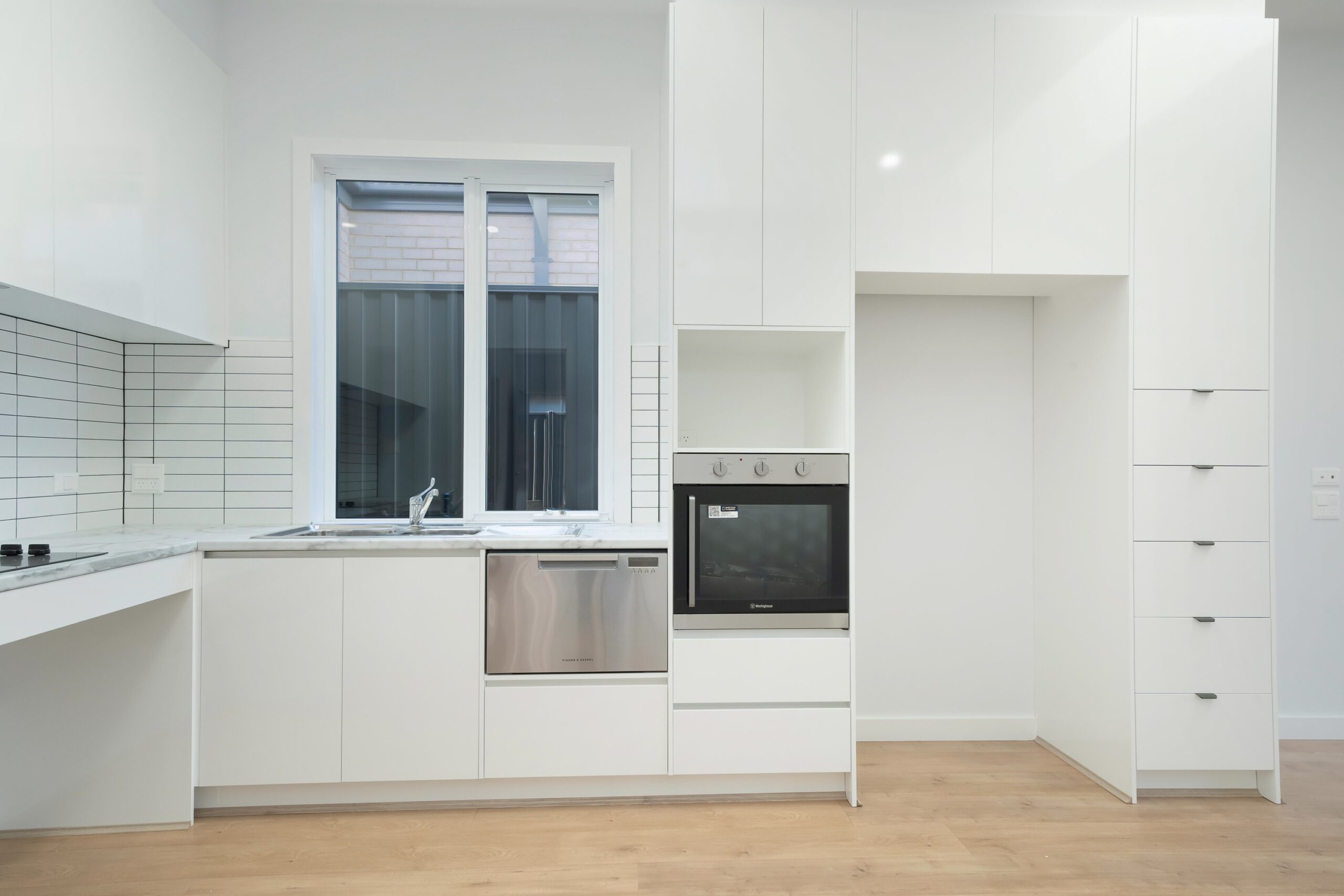- Bedroom: 2
- Bathroom: 3
- Toilet: 3
- Standard parking: 1
- Accessible parking: Available
- Bedrooms available: 2
Get in Touch
Contact Details







Exciting New SDA Accommodation in Kalkallo! 1:2 Ratio - Enquire now!
- The rent you will pay is equivalent to 25% of the Disability Support Pension.
- Plus Commonwealth Rent Assistance
- Plus the SDA funding in your NDIS plan
Discover this New Home in Kalkallo!
Welcome to our brand new SDA home in Kalkallo! This property is designed with high physical support and a 1:2 ratio, but ideal for Supported Independent Living (SIL) as well.
Features:
- 2 Bedrooms: Purpose-built for accessibility, each bedroom offers its own external access for greater independence and ease of movement.
- Accessible Bathrooms: Each bedroom comes with its own accessible bathroom, ensuring privacy and convenience.
- Ceiling Hoist Structure: All bedrooms are equipped with ceiling structures for hoist installation, enhancing mobility and support.
- High-Low Bench in Open Plan Living Kitchen: Accommodates users with varying mobility needs, allowing for easy access and usability.
- Outdoor Undercover Area: Enjoy a sheltered outdoor space, perfect for relaxation and activities in any weather.
- Ramp Access: Ensures ease of entry and exit for individuals using wheelchairs or other mobility aids.
- Single Carport: Offers protected parking, ensuring convenience and accessibility.
This home is thoughtfully designed to support independent living while maintaining high standards of accessibility and comfort. Experience the perfect blend of functionality and luxury in your new Kalkallo home!
Contact us now to learn more and schedule a viewing
SDA information
SDA building type: House
SDA design category:
High Physical Support
Number of SDA residents: 2
SDA location: VIC – Hume
Onsite overnight assistance: Yes
SDA Provider name: Cosy Home Care
Property features
- Fire Sprinklers
- Heating
- Cooling
- Ensuite
- Outdoor Area
- Intercom
- Wheelchair Accessible
- Broadband internet available
- Built-in Wardrobes
- Doorway Widths > 950mm
- Energy Efficiency Rating: Medium
House mates
Age: No specific preference
Gender: No specific preference
Number of tenants: 2
Suitable for housemates who:
- Want to socialise and spend time together
- Enjoy an active and social home (have friends and family over)
- Prefer to spend time to themselves
- Want to share some costs (e.g., meals)
How tenants choose their housemates
Choosing a housemate is a big decision, and when considering tenants with disabilities, there are some unique factors to think about. Here’s a breakdown of how tenants might go about this process, focusing on inclusivity and mutual support: 1. Assessing Needs and Compatibility 1.1. Identifying Specific Needs: Tenants with disabilities often have specific needs that must be addressed to ensure a comfortable living environment. This could include accessibility features, quiet spaces, or additional support for daily activities. 1.2. Open Communication: Before making a decision, it’s crucial for all parties to discuss their needs openly. Tenants should talk about their daily routines, any accommodations they might need, and how they prefer to handle household responsibilities. 2. Evaluating Accessibility and Modifications 2.1. Home Accessibility: Evaluate if the living space is accessible. This might involve checking for ramps, wide doorways, or accessible bathroom features. Tenants should discuss any necessary modifications and whether the landlord or property management is willing to make these adjustments. 2.2. Potential for Modifications: If modifications are needed, tenants should consider whether they can make these changes themselves or if the landlord will approve and accommodate such modifications. 3. Consideration of Support and Independence Levels of Independence: Discuss how much support each tenant requires and how that impacts daily life. Some tenants may need more assistance, while others are more independent. Finding a balance that works for everyone is key. 4. Creating a Supportive Environment 4.1. Inclusivity and Respect: Ensure that the housemate you choose is respectful and supportive of your disability. This includes understanding any limitations and fostering an inclusive environment. 4.2. Establishing House Rules: Agree on house rules that accommodate everyone’s needs. This could involve setting up quiet hours, maintaining common areas, or discussing how to handle emergency situations. 5. Trial Periods and Flexibility 5.1. Trial Living Arrangements: Consider a trial period before committing to a long-term arrangement. This allows both parties to gauge compatibility and make adjustments as needed. 5.2. Flexibility and Adaptation: Be prepared to revisit and adjust living arrangements as needed. Flexibility can help address unforeseen issues and ensure that everyone’s needs are met effectively.